London brewers and pub owners have had mixed reactions to the announcements made in the autumn budget on Wednesday.
SWL spoke with brewers and senior bar staff across the region to understand their reaction to the changes.
The Chancellor of the Exchequer Rishi Sunak announced a raft of changes to alcohol duties from a 5% cut to tax on draught beer and cider, to a new banding system that will see alcohol taxed in accordance with its strength.
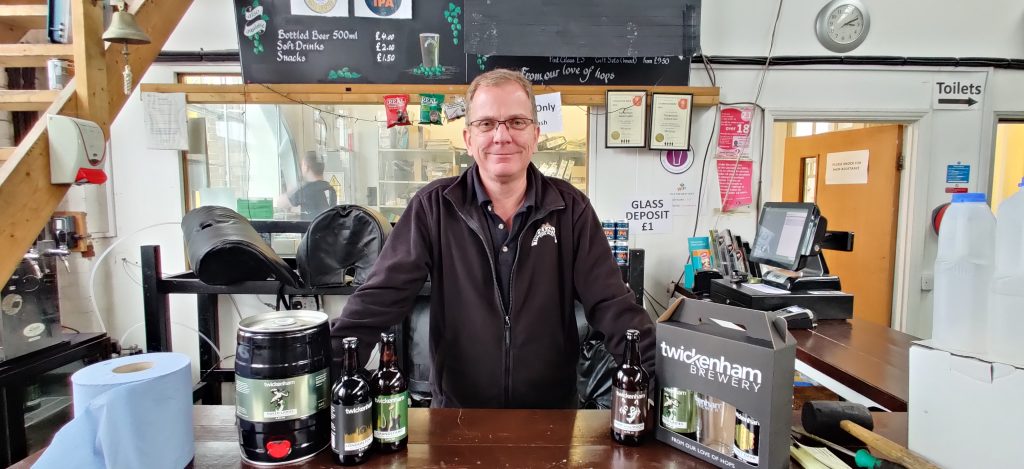
Director of Twickenham Fine Ales, Ben Norman, said: “The one significant issue we have is the size of the container it applies to.
“So they’re saying that it has to be 40 litre or above containers—well, that’s great if you’re a big brewer.”
Twickenham Fine Ales is a brewery company based in Twickenham, founded in 2004, that sells ale to pubs across London and the west of England as well as operating a day bar for Saracens games.
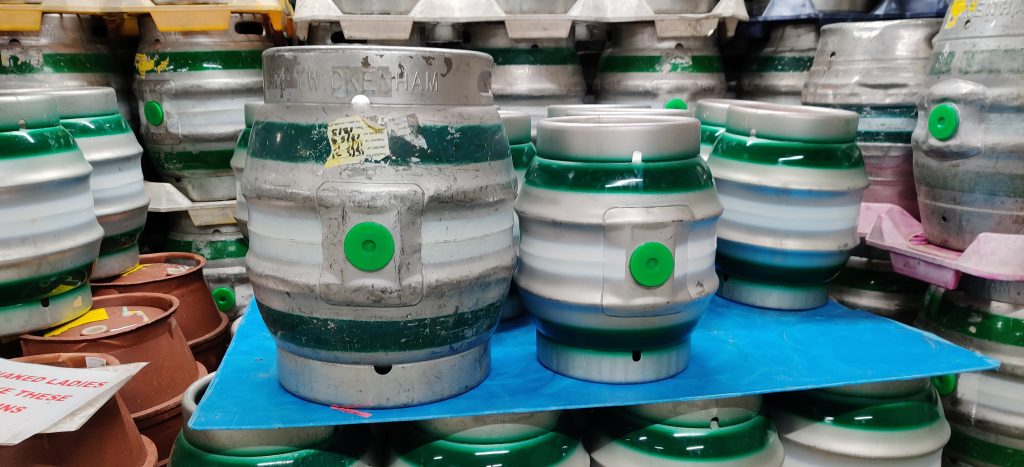
The reductions on the draught tax only apply to 40 litre kegs and casks, which contain about 70 pints, but smaller brewers use the 20 litre kegs and casks, which contain about 35 pints.
Mr Norman explained that the brewery specialises in cask ale, a process where the beer ferments inside a metal cask after brewing and is sealed in without carbon dioxide.
Because cask ale is not sealed inside a barrel with carbon dioxide, once open, a full cask must be consumed quickly or it will spoil.
Norman said that microbrewers prefer to sell their beer in smaller casks as money-savvy pubs like to keep costs down while offering a wide rotation of beers.
This means that only larger brewers, or large volume casks sold by smaller brewers, will benefit much from the change.
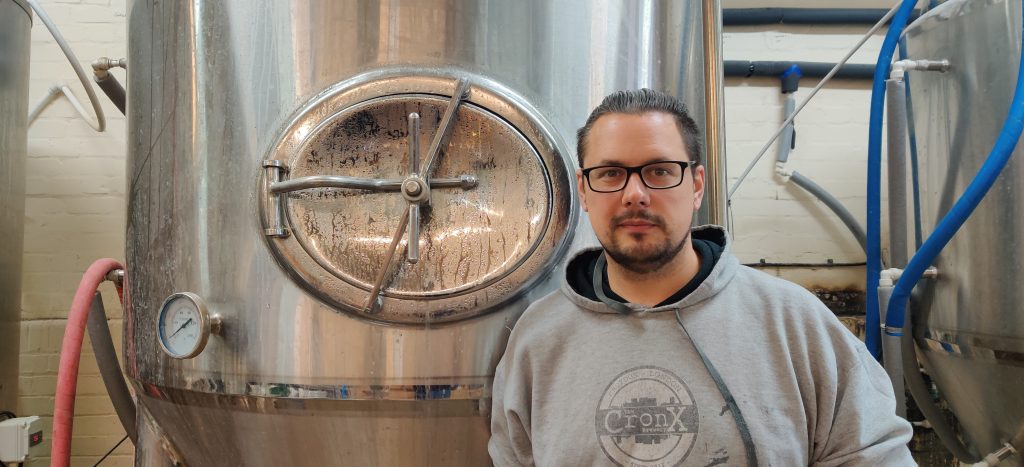
Cronx Brewery founder Mark Russell, 38, said: “It’s a good start to going down the road of supporting smaller brewers and smaller independent craft beer makers.”
Cronx Brewery is a small Croydon-based brewery company, founded in 2012, which sells ale and larger to pubs across London, as well as at Crystal Place football club games.
Mr Russell indicated that the majority of his brewery’s trade was in smaller keg sizes which were unaffected by the change.
The Treasury also announced a review of the Small Brewers Relief (SBR), a type of tax relief specifically for brewers like Cronx and Twickenham Fine Ales, but made no further commitments.
The Cronx owner was ambivalent about possible changes to the relief, and some in the industry fear cuts.
Russell said: “Duty cuts are normally headline makers because they’re quite important to everyone else – beer won’t be getting more expensive because of tax.
“But, we’ll have to wait for the SBR, because they might put tax up elsewhere – budgets are always kind of smoke and mirrors.” he added.
The Society of Independent Brewers (SIBA), which represents small brewers nationwide, responded to the autumn budget with a call for the treasury to implement the same tax reduction for smaller kegs and casks.
SIBA Chief Executive James Calder said: “By amending this lower threshold to twenty litres the Treasury can ensure all independent breweries benefit from this welcome new duty relief on draught beer.”
The Sussex Arms pub deputy manager Damian Wyszomierski, 26, said: “I think that it will affect our cask orders—we don’t order the big ones because we never know how well they will sell.
“All it takes is for it not to sell for a week and then you’re selling vinegar.”
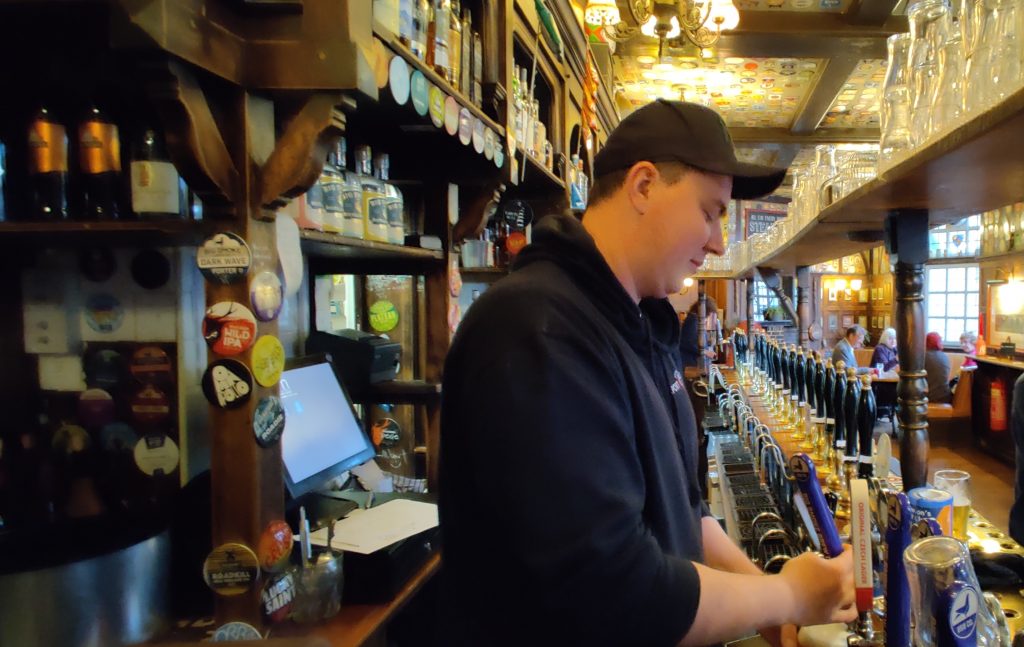
The Sussex Arms is situated on Staines Road in Twickenham, and is part of a small family-run chain of pubs around London and south England.
Mr Wyszomierski mentioned that the pub has a constant rotation of beer from smaller breweries, all of which come from smaller sized casks ineligible for the cut.
He felt that the Wednesday’s news was positive for pubs and that changes to the minimum wage would not affect prices as most pub staff were temporary workers under the age of 23.
The Oval pub owner Esther Sutton, 48, said: “While the changes are welcome, across the whole business we’re looking at massive price increases.
“It would be lovely to pass the duty savings onto the customer but they just won’t be substantial enough.”
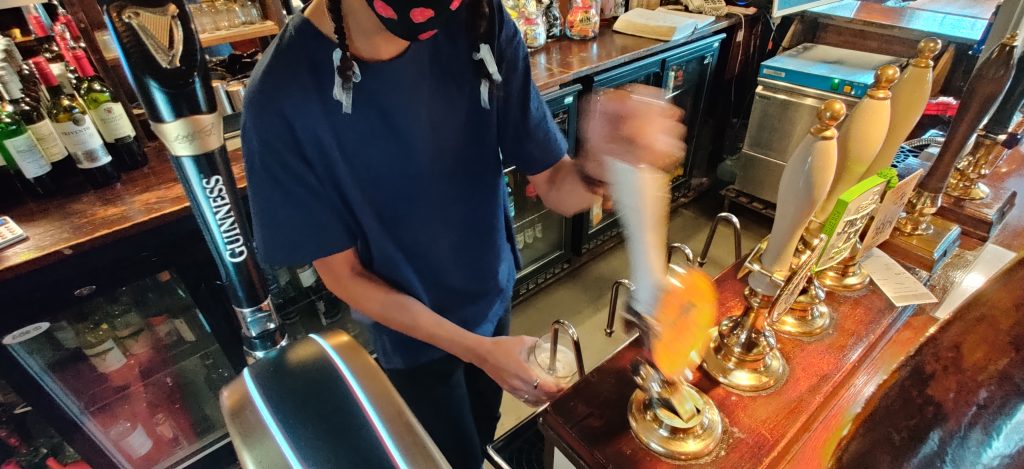
The Oval is an independent pub in Croydon situated on Oval Road, near East Croydon Station, which Ms Sutton has owned for eight years.
Ms Sutton suggested that the inflation and supply-chain chaos, which the chancellor referred to as global problems, were in fact part of the economic blowback from Brexit making haulage more expensive and increasing competition for labour.
She feared that price increases were inevitable as COVID and inflation pressures necessitate that the customer bear some of the cost.
The Oval owner welcomed an increase in the minimum wage, though her business would be unaffected as she aims to pay all staff the London living wage once fully recovered.
Ms Sutton also expressed concern for smaller brewers left out by the governments changes to duty and felt that the change should also affect smaller kegs down to 20 litres.
“It’s moving in the right direction however, I’m just concerned that these measures are temporary,” she added.




